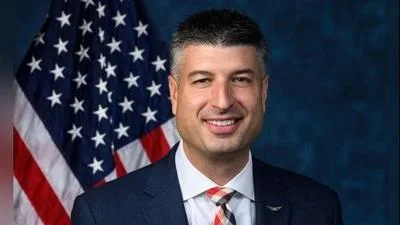Kevin M. Guskiewicz President at Michigan State University | Official website
Kevin M. Guskiewicz President at Michigan State University | Official website
A study conducted by Michigan State University has revealed significant gaps between individuals' career interests and the demands of the U.S. job market. This research highlights a mismatch between what people are interested in pursuing professionally and the available opportunities, indicating many individuals have unfulfilled work-related interests.
Published in the Journal of Business and Psychology, this study is pioneering in its approach by examining labor gaps through career interests rather than skills or knowledge. The research utilized a national dataset involving 1.21 million U.S. residents along with employment data from the U.S. Department of Labor.
Kevin Hoff, an assistant professor in MSU’s Department of Psychology, led the study. He stated, “We know that interest fit predicts higher job performance and satisfaction, so these results show that many people are not able to optimize their productivity and well-being at work.”
The findings reveal that "artistic" is the most popular interest among individuals but remains least demanded in jobs, with only 2% of positions requiring artistic skills. Conversely, systematic and detail-oriented work is less popular among people but highly sought after by employers.
Interest gaps were found to be more pronounced at lower education levels, suggesting that higher education may offer better chances for achieving a good interest fit at work.
Hoff emphasized the importance of aligning interests with labor demands: “Interests drive knowledge and skill development, which support the success of the labor force,” he said. “People need to be given more information about labor demands during career assessments so they can explore careers that not only provide a good fit but also have available jobs.”
The study also compared job demands from 2014 and 2019 with projections for 2029 to test its robustness against future trends. It found consistent interest gaps across these years. As artificial intelligence continues to influence job markets, researchers anticipate adjustments; however, due to existing large interest gaps, many jobs may remain unengaging for some time.





 Alerts Sign-up
Alerts Sign-up